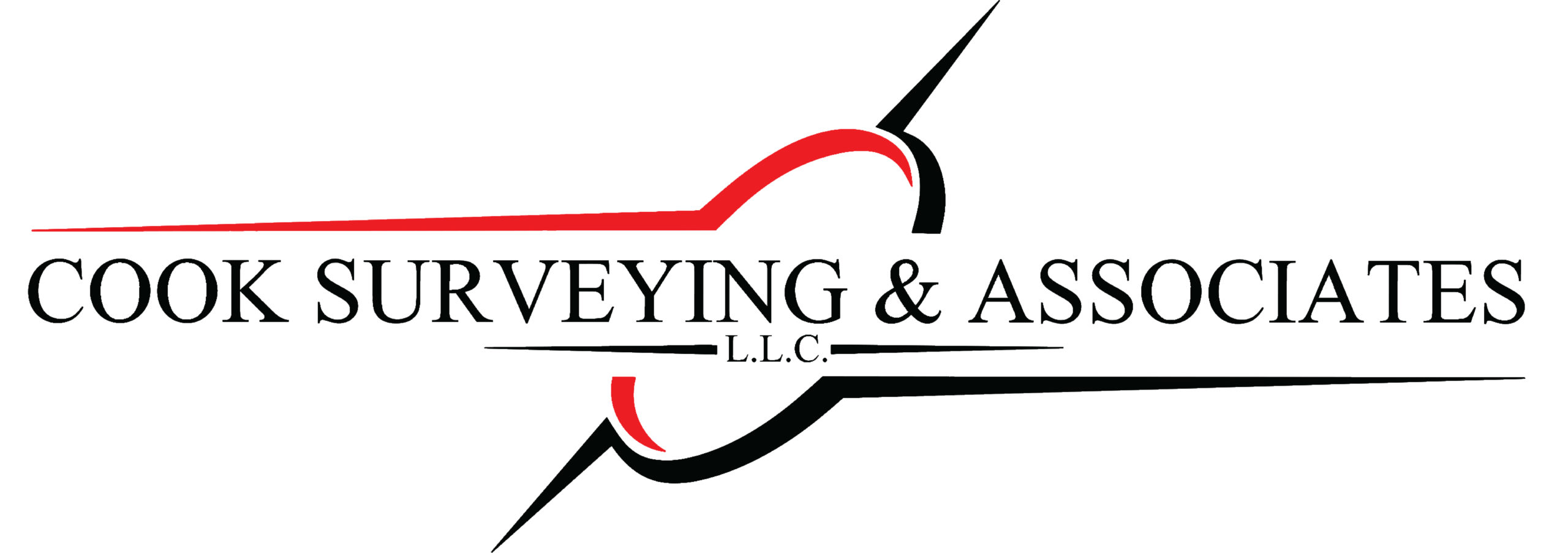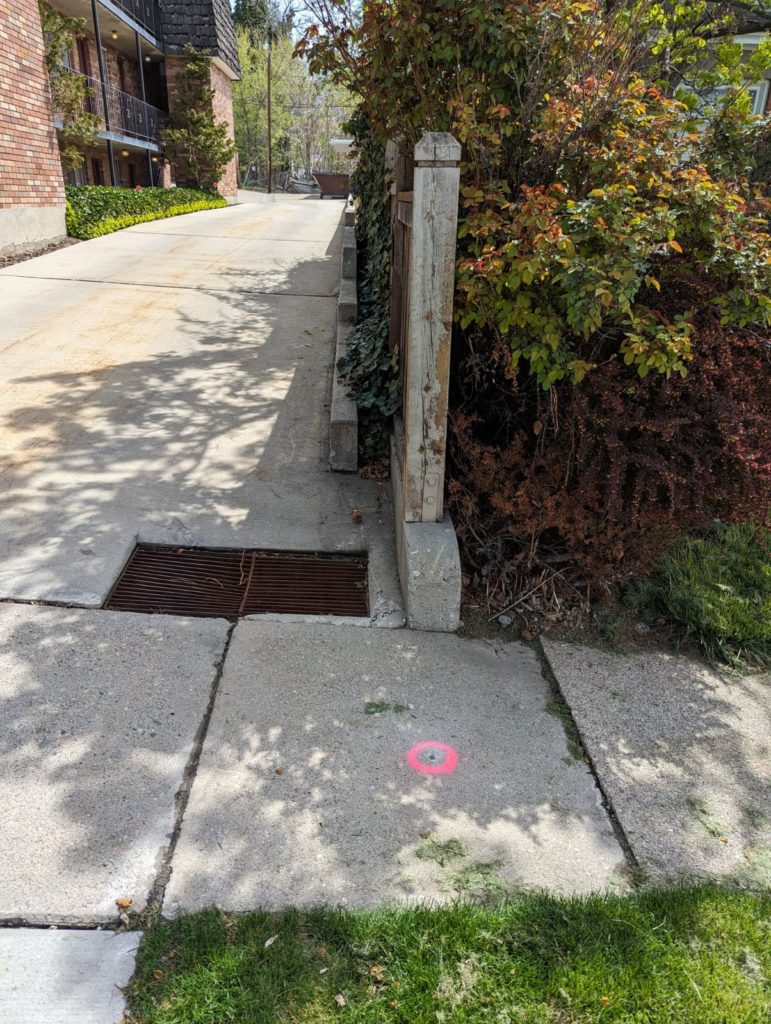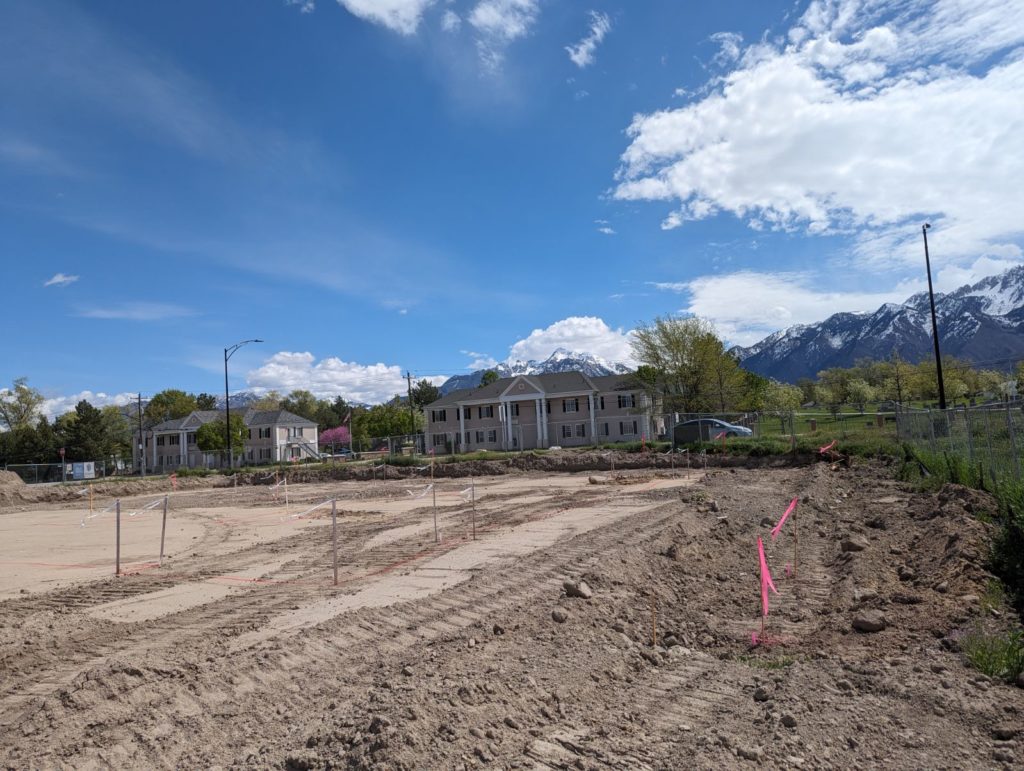Creating a successful survey involves more than just asking questions; it requires asking the right questions. In Salt Lake City, Utah, where diverse business and community interests intersect, understanding which questions to avoid can make a significant difference in gathering actionable and reliable data. This article will explore common pitfalls in survey question design, highlighting types of questions that should not be included to ensure the effectiveness and integrity of your survey results.
Understanding Survey Question Flaws
Leading Questions
Leading questions suggest a particular answer that the surveyor wants to hear, potentially biasing the respondent and skewing the data:
- Example of What to Avoid: “Don’t you think our new park is amazing?”
- Reason to Avoid: This question presumes a positive opinion about the park, leading the respondent towards a favorable response.
Double-Barreled Questions
Double-barreled questions ask about two or more issues within the same question, which can confuse respondents and result in unclear data:
- Example of What to Avoid: “How satisfied are you with your salary and job conditions?”
- Reason to Avoid: This question combines two different topics (salary and job conditions), which should be addressed separately to obtain clear, actionable insights.
For more insights on survey design and question formulation, professionals and enthusiasts can visit resources provided by the American Association for Public Opinion Research.
Questions That Assume Too Much
Assumptive Questions
Assumptive questions are problematic because they presuppose a certain state of knowledge or experience that the respondent may not have:
- Example of What to Avoid: “How do you rate our advanced software interface?”
- Reason to Avoid: If the respondent has not used the interface, they cannot provide a meaningful answer, leading to potentially inaccurate survey results.
Overly Complex or Technical Questions
Complexity in Wording
Questions that use complex language or technical jargon can alienate or confuse respondents, particularly if they are not familiar with the terminology:
- Example of What to Avoid: “What is your opinion on the efficacy of the city’s urban sprawl mitigation strategies?”
- Reason to Avoid: Not every respondent will understand terms like “efficacy” or “urban sprawl mitigation,” which could lead to misunderstandings or skipped questions.
Yes/No Questions Lacking Depth
Limited Response Options
While yes/no questions are straightforward, they often fail to capture the nuances of a respondent’s opinions or experiences:
- Example of What to Avoid: “Is our customer service satisfactory?”
- Reason to Avoid: This does not allow the respondent to provide any context or degree of satisfaction, limiting the depth of feedback.
Conclusion:
Asking the right questions is crucial to the success of any survey, especially in a multifaceted environment like Salt Lake City. By avoiding leading, double-barreled, assumptive, overly complex, and overly simplistic questions, survey creators can enhance the quality and reliability of the data they collect. For those looking to improve their survey techniques or require professional surveying services, Cook Surveying offers expertise in crafting surveys that yield meaningful and actionable insights.




